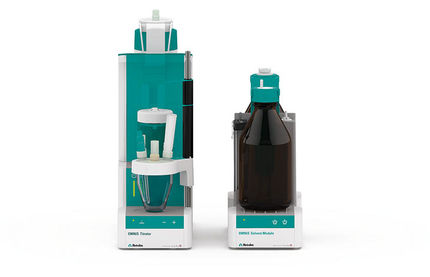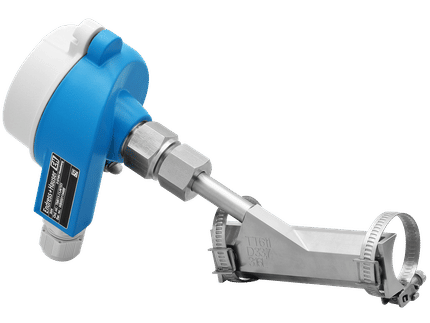To use all functions of this page, please activate cookies in your browser.
my.chemeurope.com
With an accout for my.chemeurope.com you can always see everything at a glance – and you can configure your own website and individual newsletter.
- My watch list
- My saved searches
- My saved topics
- My newsletter
YeontanYeontan, yontan, or ybnt'an, is the name for large coal briquettes used in South Korea for cooking and home heating. Made of coal dust and a gluing agent, they were a welcome alternative to firewood and natural coal partly because they came in a consistent, stackable size and shape. There are 5 standard sizes for yeontan, and the 2nd standard is widely used in households. The 2nd stantard briquette is cylindrical in shape, weighs 3.5 kg, and is about 20 cm in height and 15 cm in diameter. The standard yeontan has 22 holes drilled into its top to facilitate steady, efficient burning, and a household typically used one to three briquettes per day in the winter. A new yeontan would sometimes be placed atop the current one when it was halfway burned, to continuously maintain the fire. Product highlightThe same fire used for cooking also served to heat the house, through a Korean radiant underfloor heating system called ondol. Introduced to Korea from Japan in the 1920s, yeontan rose in popularity following the Korean war. By 1988, 78% of Korean households used yeontan, but this fell to 33% by 1993 as people switched to oil and gas boilers, and was estimated to be used by just 2% of households by 2001. The boilers reduced the risk of carbon monoxide poisoning, which was a major cause of death in coal-heated houses. References
|
| This article is licensed under the GNU Free Documentation License. It uses material from the Wikipedia article "Yeontan". A list of authors is available in Wikipedia. |







